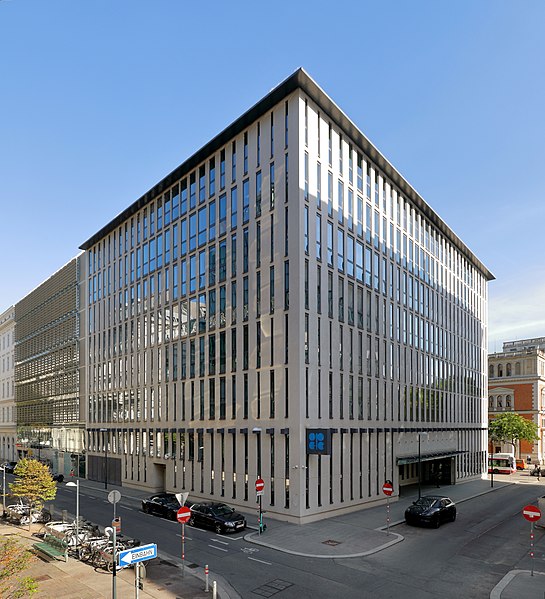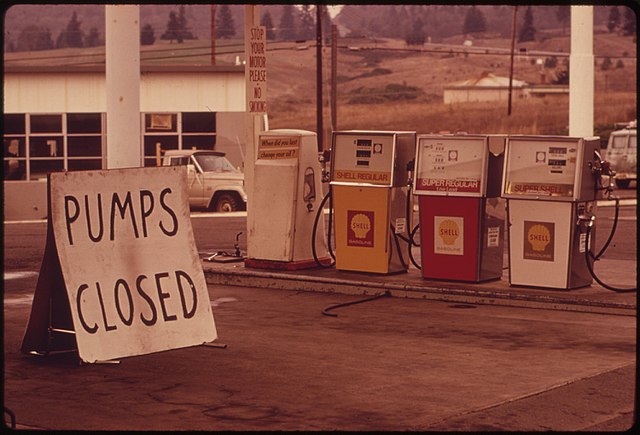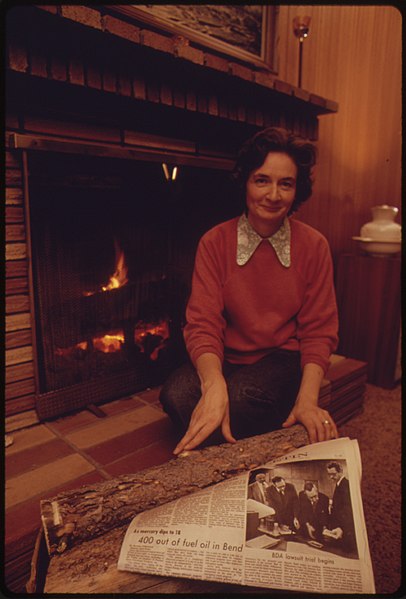Petrodollar recycling is the international spending or investment of a country's revenues from petroleum exports ("petrodollars"). It generally refers to the phenomenon of major petroleum-exporting states, mainly the OPEC members plus Russia and Norway, earning more money from the export of crude oil than they could efficiently invest in their own economies. The resulting global interdependencies and financial flows, from oil producers back to oil consumers, can reach a scale of hundreds of billions of US dollars per year – including a wide range of transactions in a variety of currencies, some pegged to the US dollar and some not. These flows are heavily influenced by government-level decisions regarding international investment and aid, with important consequences for both global finance and petroleum politics. The phenomenon is most pronounced during periods when the price of oil is historically high.
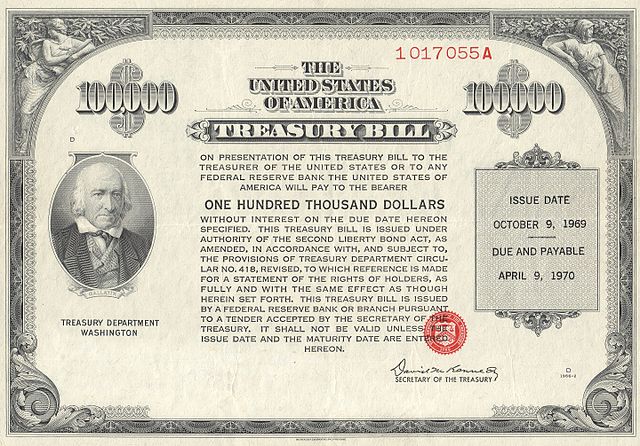
US Treasury securities, approximately $300 billion accumulated by OPEC governments during 1960–2015
German vehicle factory for Daimler, whose largest consistent shareholder since 1974 has been Kuwait
Itaipu Dam between Brazil and Paraguay, financed by loans from petrodollar bank deposits in the 1970s[self-published source]
Pakistan's Faisal Mosque, constructed 1976–1986, a gift from Saudi Arabia's King Faisal
The Organization of the Petroleum Exporting Countries is an organization enabling the co-operation of leading oil-producing countries in order to collectively influence the global oil market and maximize profit. It was founded on 14 September 1960 in Baghdad by the first five members. The organization, which currently comprises 12 member countries, accounted for an estimated 30 percent of global oil production. A 2022 report further details that OPEC member countries were responsible for approximately 38 percent of it. Additionally, it is estimated that 79.5 percent of the world's proven oil reserves are located within OPEC nations, with the Middle East alone accounting for 67.2 percent of OPEC's total reserves.
OPEC Conference delegates at Swissotel, Quito, Ecuador, December 2010
OPEC headquarters in Vienna (2009 building)
An undersupplied US gasoline station, closed during the oil embargo in 1973
A woman uses wood in a fireplace for heat. A newspaper headline in the foreground shows a story regarding a lack of heating oil in the community.


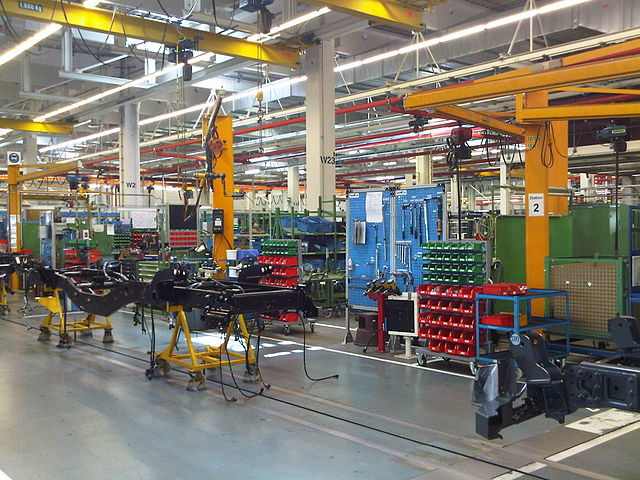
![Itaipu Dam between Brazil and Paraguay, financed by loans from petrodollar bank deposits in the 1970s[self-published source]](https://upload.wikimedia.org/wikipedia/commons/thumb/b/b8/ItaipuAerea2AAL.jpg/640px-ItaipuAerea2AAL.jpg)


